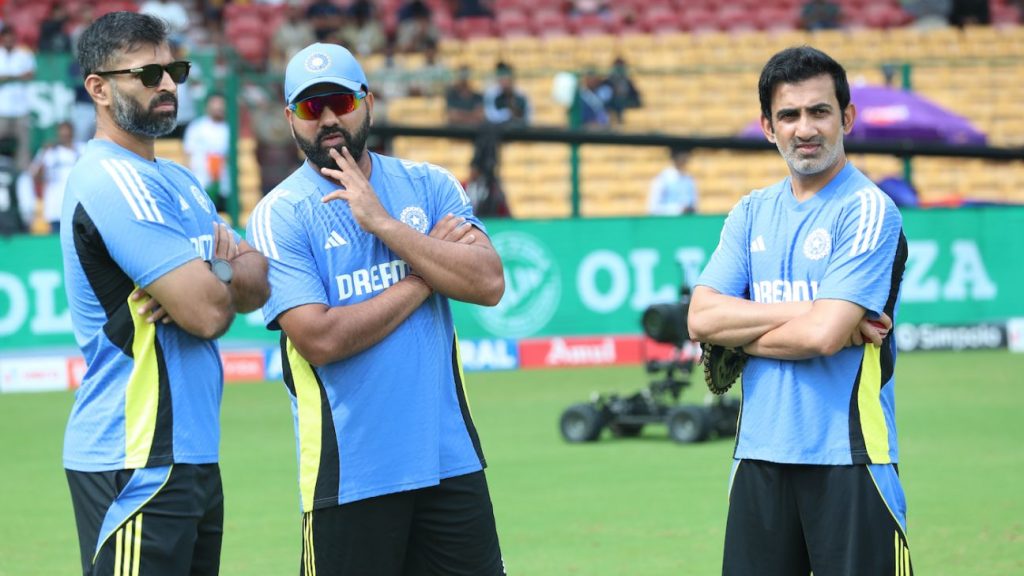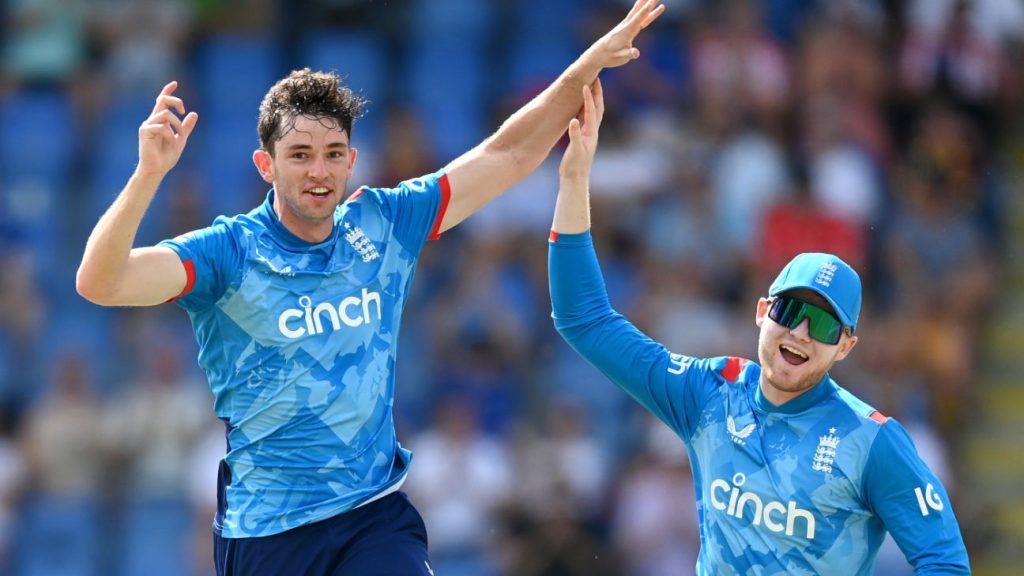However, the head coach of India acknowledges that greater defensive techniques are required.

A series defeat at home to New Zealand, sealed by a pair of spinners who had come on this tour with a combined two first-class five-fors, has led to questions about whether there has been a decline in India's ability to play the turning ball on turning tracks. India head coach Gautam Gambhir wasn't willing to go that far, but he did highlight a decline in defensive skills as a result of widespread T20 cricket.
"Sometimes you've got to give it to the opposition as well," he said on Thursday, a day before the third Test in Mumbai. "I think Mitchell Santner was outstanding in the last game, but yes, we'll keep working hard. We'll keep getting better. That's about it. Guys are putting a lot of hard yards in the nets. Yes, ultimately it's the results that matter when you're playing international cricket, but I don't think so that our skill against spin has actually gone down."
India have suffered collapses in every innings of this series. Forty-six all out happened in highly unusual conditions in Bengaluru, but from there, they have lost 7 for 54, 6 for 73 and 5 for 40, which has forced them to work on how to bat time in tough conditions.
"Test cricket is about playing sessions," Gambhir said. "I think if we can start to learn how to play sessions, and the kind of quality we have in our batting line-up, I think if we end up playing four to four-and-a-half sessions, we'll have a lot of runs on the board."
The inability to meet this fundamental demand has highlighted the challenge that modern-day batters face in the era of T20 cricket. "We need to defend better," Gambhir said. "I think that is something which is important. And especially on a turning track. Because if you've got confidence on your defence, a lot of things can be sorted. And that is something which we need to keep getting better, keep working on.
"Because, again, I'll keep going back to the same answer that a lot has to do with limited over-cricket and T20 cricket as well that when you're so used to muscling the ball, that you end up forgetting the soft hands and all that stuff, which probably used to happen eight or 10 years back. So that is something, that is why I said that a complete cricketer is a cricketer who plays T20 format really successfully and also the Test cricket really successfully. He can adapt his game. And that is what growth is.
"Growth is not only going about hitting the ball in the stands. It's also about batting sessions on a turning track, where you know that you will not be able to hit in the stands, but you will be able to rotate better. For that, I think the foundation is very, very important."
"If we can bat sessions, we know that we've got the bowling attack to take 20 wickets"
The Mumbai Test is likely to be played in conditions that should help the spinners as well. At the end of India's practice session on Thursday morning, the captain Rohit Sharma and Virat Kohli took a good, long look at the pitch with assistant coach Abhishek Nayar. Kohli then left, but Gambhir and bowling coach Morne Morkel joined Rohit and Nayar and the four of them were involved in a discussion that lasted about 20 minutes. A little while later, the groundstaff began to brush away whatever grass that had managed to cling to the surface. Batters may have to unlearn the skills that help them succeed in T20s to do well here. But is that possible? Can a coach help them make that switch?
"To a certain extent, yes," Gambhir said, "To a certain extent, it has to come from the inpidual as well. That how much value does he end up giving it in defending the ball? That is something which is very important. And especially on a turning track. Because I've always believed that the best players and the most successful players in this format, or be it any format, always had solid defense. So that is something which we keep talking about. And it is not the overnight thing that we're going to talk about it today and people will start getting better tomorrow. But it's a continuous process. We need to keep working on it. We need to keep telling people the importance of defense."
Could India end up facing a situation where they have to look at a separate set of players more suited to Test cricket? Gambhir couldn't commit to a hypothetical question but he did admit that "going forward, obviously, we will have to identify players who are solid red-ball cricketers. Because ultimately, to get the results, you will have to work really hard for three or four days or five days to be honest. So sometimes, as I just mentioned, it's important. If we can bat sessions, we know that we've got the bowling attack to take 20 wickets. At the moment, it's difficult to answer."
Copyright Notice:
Datavictory copyrights this specification. No part of this specification may be reproduced in any form or means, without the prior written consent of Datavictory.
Link:


